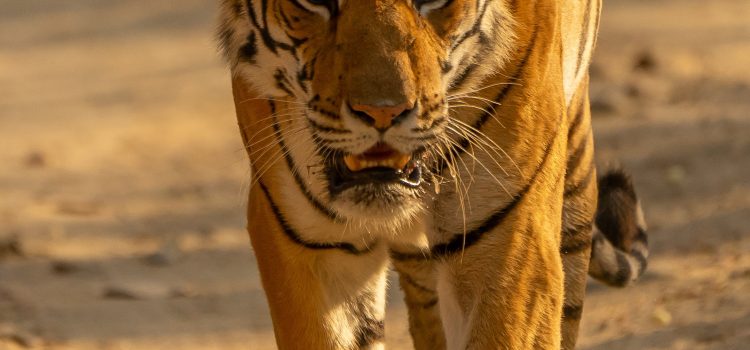
For centuries, humans have debated the concept of fairness, but what about the animal kingdom? Can animals perceive and act upon the idea of fairness? From primates to pachyderms, researchers are exploring the capacity for fairness in a variety of animal species.
One of the most extensively studied species when it comes to fairness is the primate. In experiments conducted by researchers at Emory University, capuchin monkeys were presented with unequal rewards for performing the same task. When one monkey received a more desirable reward, the other monkey refused to continue participating in the task. Similarly, studies on chimpanzees have shown that they are capable of recognizing when they have been treated unfairly. In one study, two chimpanzees were trained to exchange tokens with a researcher for food. One chimpanzee was given a grape as a reward for each token, while the other received a less desirable piece of cucumber. When the second chimpanzee witnessed this unequal treatment, it became agitated and refused to participate in the task.
But primates aren’t the only animals exhibiting behavior that suggests an understanding of fairness. In a study on dogs, researchers found that dogs will refuse to obey commands given by someone who treats them unfairly, and they will even refuse treats offered by someone who treats them unfairly. This suggests that dogs have an understanding of the concept of fairness and are capable of acting upon it.
Elephants have also been shown to exhibit behaviors consistent with an understanding of fairness. In one study, researchers presented elephants with two ropes. If both elephants pulled on their ropes, they would receive food. However, if only one elephant pulled on its rope, it would receive the food alone. When one elephant realized that it had received the food alone, it refused to participate in the task again until the other elephant was rewarded.
Even birds have been shown to exhibit behaviors consistent with fairness. In one study, researchers trained two birds to exchange tokens for food rewards. When one bird was given a higher value token, the other bird refused to participate in the task.
Despite these findings, some researchers argue that what we interpret as fairness in animals may simply be the result of instinctual behaviors rather than a conscious understanding of the concept of fairness. However, the evidence suggests that animals are capable of exhibiting behaviors consistent with an understanding of fairness, regardless of whether it is a conscious or instinctual behavior.
The study of animal cognition is still a relatively new field, and scientists are continuing to develop new methods for investigating the capacity for fairness in animals. Some techniques used to study animal cognition include observational studies, controlled experiments, and even brain imaging.
The investigation into the capacity for fairness in animals has the potential to provide a deeper understanding of the complexity of the animal kingdom. It also has important implications for animal welfare. If animals are capable of understanding and acting upon the concept of fairness, then we have a moral obligation to treat them justly.
In conclusion, from primates to pachyderms, the evidence suggests that animals are capable of exhibiting behaviors consistent with an understanding of fairness. While some researchers argue that these behaviors may be instinctual rather than conscious, the study of animal cognition continues to shed light on the sophistication of the animal kingdom and our moral obligations towards it.










